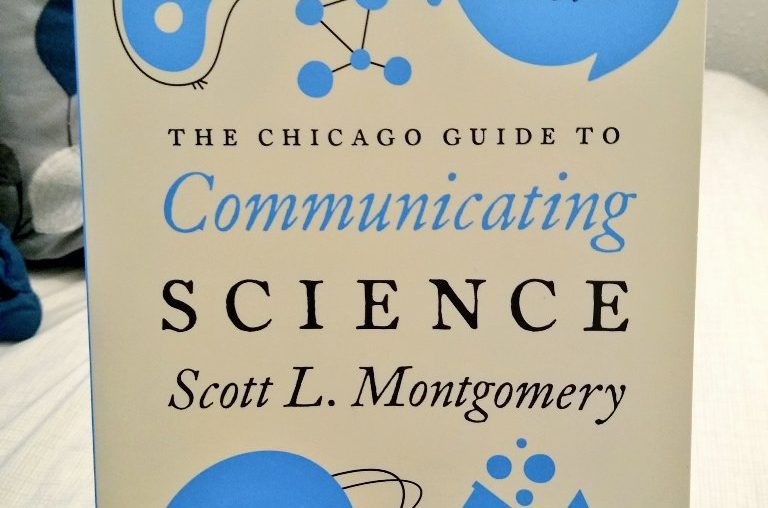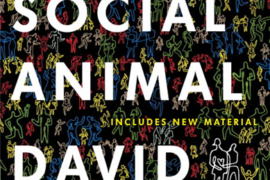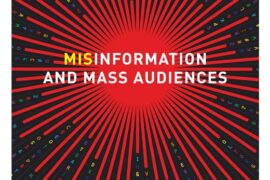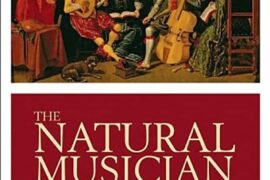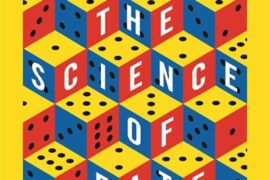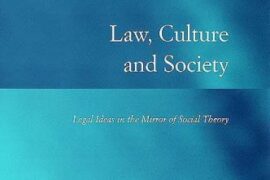핵심 포인트
글의 제목은 핵심어(key words)를 찾는 문제이다. 핵심어는 주제문에 나온다.
2022 EBS 수능특강 영어 변형문제 (3강 Exercise 6)
수능특강 영어 변형문제(3강 Exercise 6)
[함축적 의미 파악 → 글의 제목]
다음 글의 제목으로 가장 적절한 것은?
Modern scientific writing in English began in the 17th century, with authors such as Francis Bacon, Robert Boyle, and Isaac Newton. This period was characterized by intense debates over the nature of language generally. At issue was the presumed power of words to control knowledge, as Bacon put it, to “force and overrule the understanding, throw all into confusion, and lead men away into numberless empty controversies and idle fancies.” Bacon was thus the first to claim revolt against Elizabethan styles of writing (which, of course, included Shakespearean drama); these, he said, pulled a veil between the intellect and the world. To advance knowledge, especially “the new experimental philosophy,” there was a simple, direct, and unadorned form of speech needed. This would lift the veil and provide “an equal number of words as of things.”
*revolt 반발 **unadorned 꾸밈이 없는
① Challenges for Modern Scientific Writing
② A Realistic View on Scientific Controversies
③ The Beginnings of Modern Scientific Writing
④ Scientific Expression: An Intellectual Analysis of Knowledge
⑤ Why Did Bacon Dislike the Writings of Elizabethan Era?
정답 및 해설
[해설] 정답: ③
글의 제목은 핵심어(key words)를 찾는 문제이다. 핵심어는 주제문에 나온다. 위 글의 주제문은 첫 문장에 나왔다. 선지에 주제문의 핵심어 ‘modern scientific writing’이 나온 것은 ①번과 ③번이다.
‘Modern scientific writing in English began in the 17th century’ 주제문을 정리한 것은 ③번이다.
① 근대의 과학적 글쓰기의 과제
② 과학적 논쟁에 대한 현실적인 견해
③ 근대의 과학적 글쓰기의 시작
④ 과학적 표현:
지식의 지적 분석
⑤ 베이컨은 왜 엘리자베스 시대의 글을 싫어했는가?
해석 및 어휘
[해석] 영어로 쓴 근대의 과학적 글쓰기는 17세기에 Francis Bacon, Robert Boyle, Isaac Newton 같은 저자들과 함께 시작되었다. 이 시기는 대개 언어의 본질에 대한 격렬한 논쟁을 특징으로 했다. 지식을 통제하는, Bacon의 표현으로는, ‘이해를 강요하고 좌우하며, 모두를 혼란에 빠뜨리며, 무수한 공허한 논쟁과 헛된 공상 속으로 사람들을 끌고 가는,’ 말에 있다고 추정된 힘이 쟁점이었다. 따라서 Bacon은 엘리자베스 시대의 글쓰기 방식[문체](물론 세익스피어의 드라마를 포함한)에 대한 반발을 요구한 최초의 사람이었는데, 그는 이런 문체가 지적 능력과 세상 사이에 장막을 쳤다고 말했다. 지식, 특히 ‘새로운 경험 철학’을 발전시키기 위해서는 단순하고, 직설적이며, 꾸밈이 없는 형태의 언어가 필요했다. 이것은 장막을 걷어치우고, ‘사물과 같은 수의 말’을 제공할 것이었다.
[어휘] characterize ~의 특징을 이루다 / intense 격렬한, 심한 / debate 논쟁, 토론 / at issue 쟁점인, 문제가 되고 있는 / presume (사실일 것이라고) 추정하다 / overrule 좌우하다, 지배하다 / confusion 혼란 / lead away ~을 끌고 가다 / numberless 무수한 / empty 공허한, 빈 / controversy 논쟁 / idle 헛된, 무익한 / fancy 공상 / claim 요구하다, 주장하다 / intellect 지적 능력, 지성 / advance 발전시키다, 증진하다 / experimental philosophy 경험 철학 / lift 걷어치우다, 제거하다
Further Study
Francis Bacon(프랜시스 베이컨)은 과학과 기술의 진보에 어울리는 새로운 인식 방법을 제창, 실험에 기초한 귀납법적 연구 방법을 주장했습니다.
시대는 다르지만 위 글의 배경 스토리와 유사한 지문을 소개합니다. 아래 링크 파일 참조.
이상한 나라의 대수학 (Algebra in Wonderland)
19세기 중반 ‘귀류법의 기법을 이용해 당시 수학이 비논리적이고 지적인 엄밀함이 결핍되었다고 비판한 Charles Dodgson(찰스 도지슨)에 관한 글입니다. 우리에겐 ‘이상한 나라의 앨리스’로 잘 알려진 작가이지만 그는 수학자였습니다.
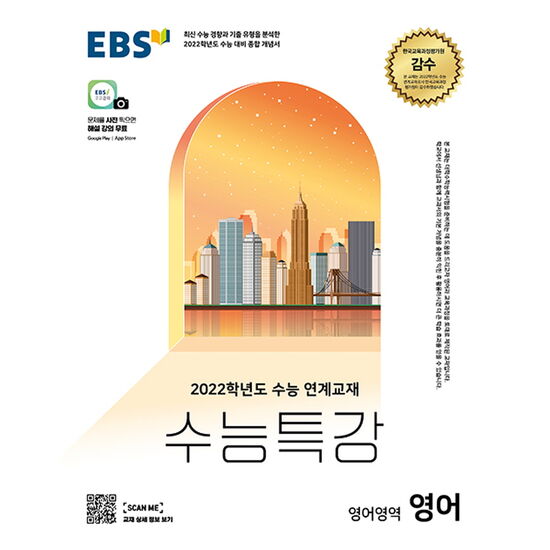
2022 EBS 수능특강 영어 (03강 Exercise 6)
밑줄 친 “an equal number of words as of things”가 다음 글에서 의미하는 바로 가장 적절한 것은?
Modern scientific writing in English began in the 17th century, with authors such as Francis Bacon, Robert Boyle, and Isaac Newton. This period was characterized by intense debates over the nature of language generally. At issue was the presumed power of words to control knowledge, as Bacon put it, to “force and overrule the understanding, throw all into confusion, and lead men away into numberless empty controversies and idle fancies.” Bacon was thus the first to claim revolt against Elizabethan styles of writing (which, of course, included Shakespearean drama); these, he said, pulled a veil between the intellect and the world. To advance knowledge, especially “the new experimental philosophy,” there was a simple, direct, and unadorned form of speech needed. This would lift the veil and provide “an equal number of words as of things.”
*revolt 반발 **unadorned 꾸밈이 없는
① an ideal language for creative writing
② plain and clear descriptions of the world
③ a linguistic outlet for emotionally charged ideas
④ opportunities for collaborative work among authors
⑤ underlying reasons for using writing rather than speech

